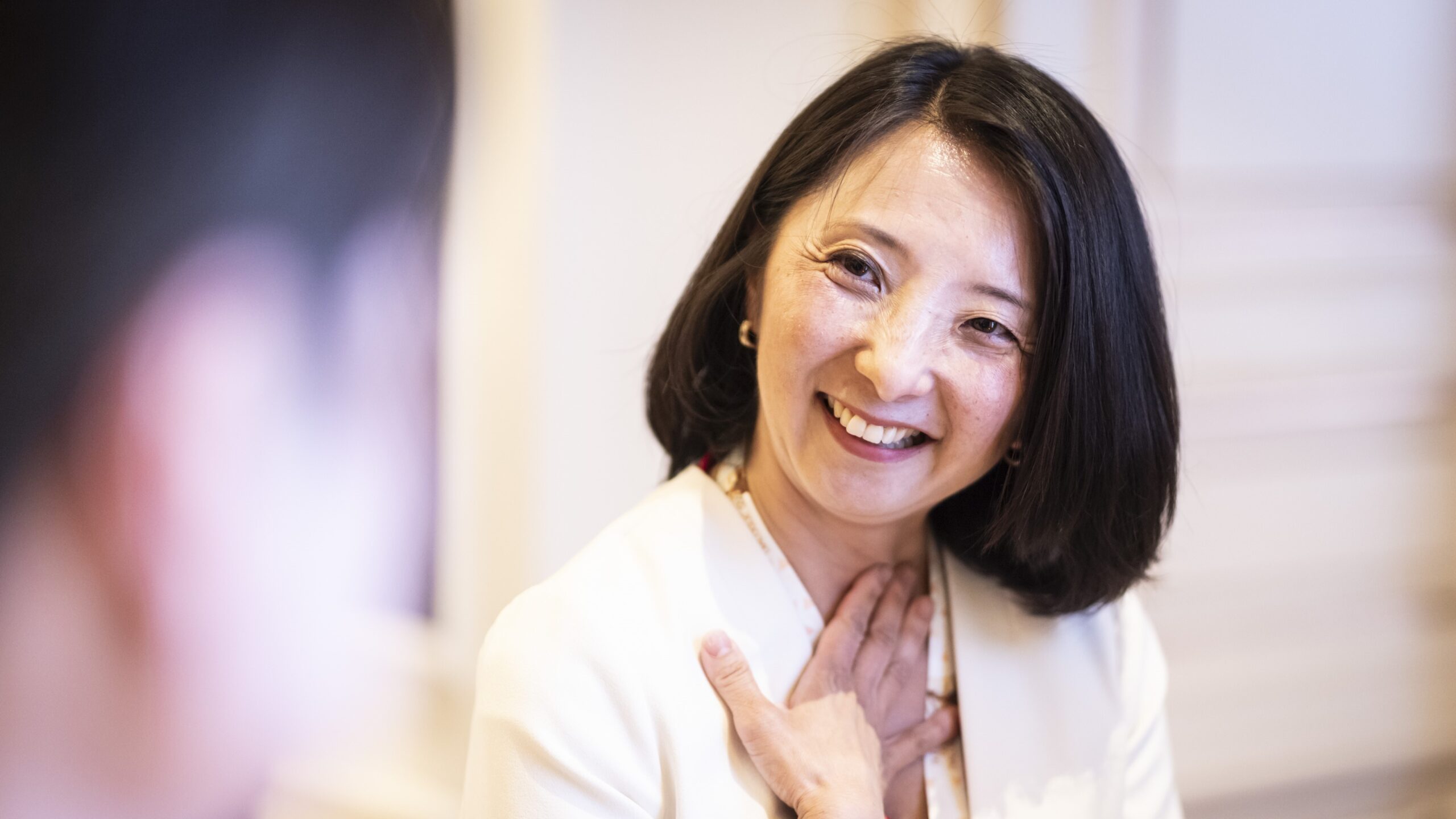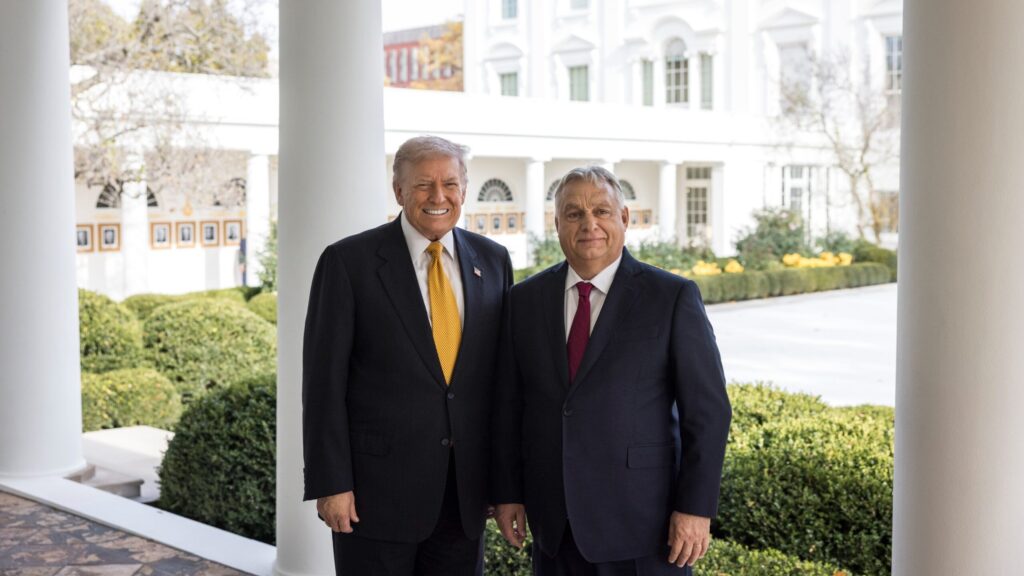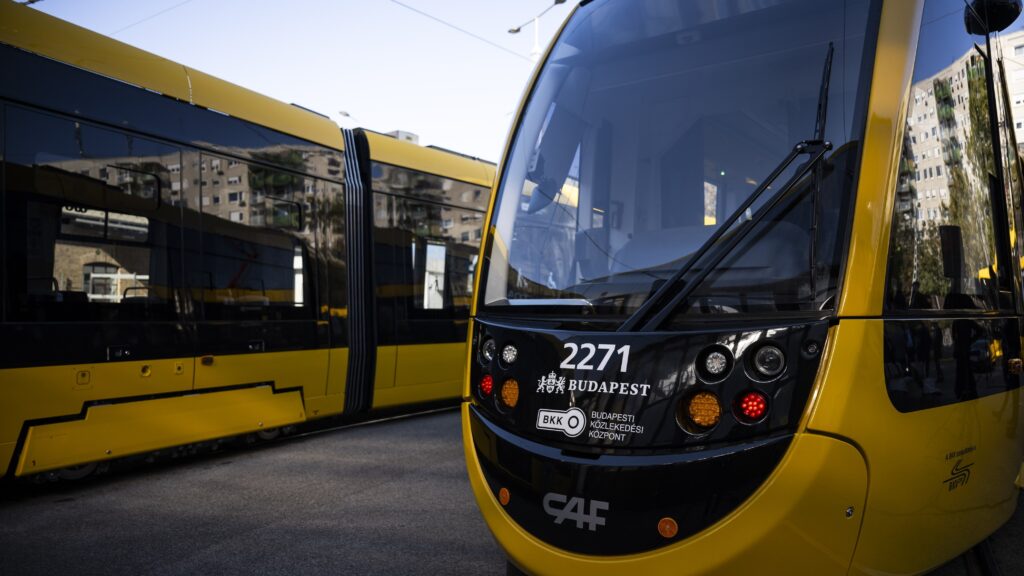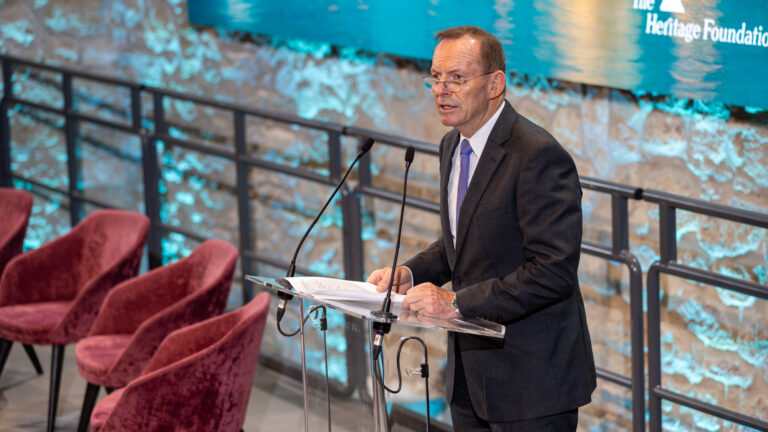Shihoko Goto is a Senior Fellow at the Mansfield Foundation and a leading expert on Indo-Pacific economic and geopolitical affairs. Formerly Director of the Indo-Pacific Program at the Wilson Center in Washington, DC, she focuses on trade dynamics, regional power shifts, and US relations with Japan, South Korea, and Taiwan. Currently, she is an executive board member of the Japan–America Society of Washington, DC and a member of the Global Taiwan Institute’s US–Taiwan Task Force. During the Budapest Global Dialogue 2025, she discussed the Indo-Pacific, Taiwan, and Hungary’s role in the new world order with Hungarian Conservative.
***
What does Indo-Pacific governance mean today, especially amid US–China tensions?
The term ’Indo-Pacific’ is still relatively new and evolving. Unlike established institutions such as the European Union or ASEAN, the Indo-Pacific does not refer to a formal structure or organization. Instead, it is a strategic concept that reflects a growing recognition of the increasing interdependence between Asia and the Pacific, particularly with the inclusion of major actors like India and the United States.
Its emergence is closely tied to the broader international response to the rise of China, particularly in the security and economic spheres. However, it’s important to note that not all countries in the region fully embrace this framing. Some view it with caution, concerned that it may be perceived as an anti-China coalition. The challenge, then, is to shape Indo-Pacific governance into something more inclusive—one that encourages rules-based cooperation and regional stability, rather than division.
How is Hungary viewed in the Indo-Pacific region today?
Hungary is often regarded as pursuing an independent and pragmatic foreign policy. In the Indo-Pacific, especially in countries like Japan and South Korea, there is recognition of Hungary’s nuanced position between East and West. Rather than being seen as ideologically driven, Hungary is often viewed through the lens of strategic flexibility.
There is also long-standing awareness of Hungary as an attractive destination for investment, particularly in sectors like automotive and manufacturing. East Asian companies, especially Japanese firms, have established operations there and continue to view Hungary as a valuable European partner.
Is Hungary’s geographic location part of the appeal?
Definitely. Hungary’s central location within Europe gives it a logistical edge, acting as a natural gateway between Western and Eastern Europe. For Indo-Pacific countries looking to enter or expand in the European market, this positioning is highly attractive.
In addition to geography, Hungary offers a skilled labour force and alignment with EU regulatory frameworks, which adds another layer of appeal. These factors have contributed to its ongoing role as a strategic hub in the eyes of many Asian investors, especially as companies rethink global supply chains in the wake of the pandemic.
‘Rather than being seen as ideologically driven, Hungary is often viewed through the lens of strategic flexibility’
How is Hungary’s relationship with China seen from Washington and Asia?
From Washington’s perspective, Hungary’s close ties with China can sometimes raise concerns, particularly in the context of escalating US–China rivalry. The strategic competition between the two superpowers tends to amplify scrutiny of how allied countries manage their China relations.
However, in much of Asia, the perception is more nuanced. Countries in the Indo-Pacific region are themselves balancing complex relationships with China. As such, Hungary’s approach is often understood as part of a wider trend—maintaining strong economic ties with China while trying to manage political and diplomatic dynamics. In this sense, Hungary’s actions are not necessarily seen as exceptional.
And what about India? Can Hungary deepen those ties as well?
India is playing an increasingly central role in global affairs, both economically and geopolitically. For Hungary, there is considerable opportunity to enhance engagement with India across various sectors. Whether in the realms of technology, trade, or cultural exchange, there is room to build a more robust bilateral relationship.
Given India’s rising global stature, now is a particularly timely moment for Hungary to invest in strengthening those ties and exploring areas of mutual benefit.
‘The strategic competition between the two superpowers tends to amplify scrutiny of how allied countries manage their China relations’
Do you see Taiwan’s increasing presence in Central Europe as significant?
Yes, Taiwan has been making a concerted effort to expand its presence globally, and Central Europe is no exception. As part of this outreach, Hungary could become a constructive partner, particularly in sectors like high technology, education, and trade.
At the same time, any engagement with Taiwan needs to be carefully calibrated, given China’s sensitivities and the broader geopolitical context. Navigating that relationship thoughtfully will be key to maximizing the benefits while avoiding unnecessary diplomatic friction.
Related articles:







